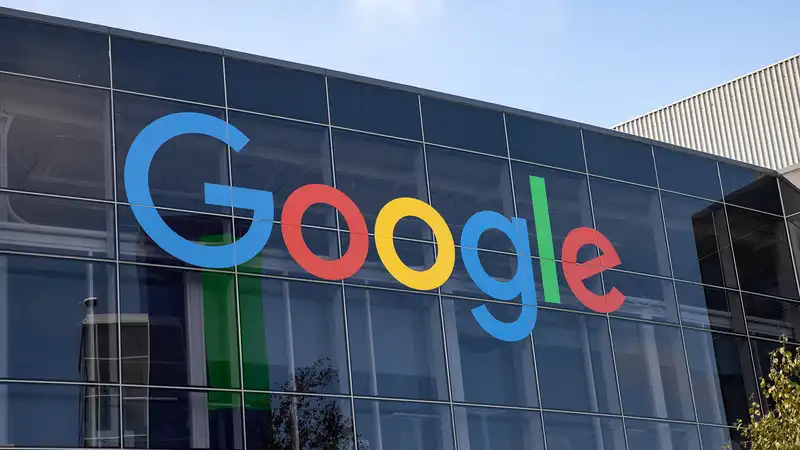A U.S. judge has ruled that Google violated antitrust law when it used an exclusivity agreement to maintain a monopoly on its search engine.
In his ruling, U.S. District Judge Amit Mehta stated: "Google violated Section 2 of the Sherman Act by maintaining, through exclusive distribution agreements, a monopoly in two product markets in the United States - general search services and general text advertising.
These "exclusive distribution agreements" are like the agreements Google entered into to be the default search engine of choice for various platforms, including Apple's Safari browser, Firefox, Android phones, and some U.S. carriers.
"Defaults are very valuable real estate," the Meter ruling states.
One of the plaintiffs' experts, Dr. Whinston, found that "50% of all queries in the United States are performed through the default search access point subject to the contested delivery agreement." Google did not dispute this assertion.
In his lengthy 286-page decision, Judge Mehta stated that Google not only had a monopoly position, but also appeared to engage in conduct designed to eliminate or maintain its monopoly position, namely monopoly deals and uncompetitive ad pricing. It also states that Google failed to provide any justification for the exclusivity agreement.
"After carefully considering and weighing the testimony and evidence of the witnesses, the Court reaches the following conclusion: Google is a monopolist and has acted as a monopolist to maintain its monopoly. Google is a monopolist and has acted as a monopolist to maintain its monopoly.
"Google's distribution agreements are monopolistic and have anticompetitive effects," the court continued. It also stated that it uses its monopoly to charge "ultra-competitive prices for general search text advertising," i.e., prices above sustainable market prices. Google was able to "raise the price of text ads without any meaningful competitive constraint."
It's not all bad for Google. The court also found that the company does not have a monopoly power in search advertising. It also said of the search engine giant that it is "widely recognized as the best GSE available in the United States."
A "kind of silver lining," after all, was Google's defense. It claimed to be a better product than other search engines.
Quoted in the ruling were the words of Eddie Cue, Apple's senior vice president of services: "There is no price Microsoft can offer [Apple] for switching to Bing."
Google also managed to avoid a slap on the wrist with its decision to discard many internal chat messages.
"Any company that places the responsibility for identifying and preserving relevant evidence on its employees does so at its own peril. Google escaped sanction in this case. In the next case, it may not be so lucky," says Mehta.
That won't stop Google from fighting the ruling. Kent Walker, Google's global president, said in a statement (via The Guardian): "This ruling acknowledges that Google offers the best search engine, but concludes that it should not be allowed to make it easily available.
U.S. Attorney General Merrick Garland called the ruling "a historic victory for the American people." The White House also praised the ruling.
It is not clear what the implications are for Google. The ruling does not specify any sort of fine or action. But Google's business cannot continue as it is without sanctions in light of the ruling, and that could be a big problem for the business of the Internet. It is a topic I have been eager to discuss in relation to AI, which is being used extensively by Google and other companies, but is only lightly demonstrated in this court case, and could lead to further inequalities in the way search functions.


Comments